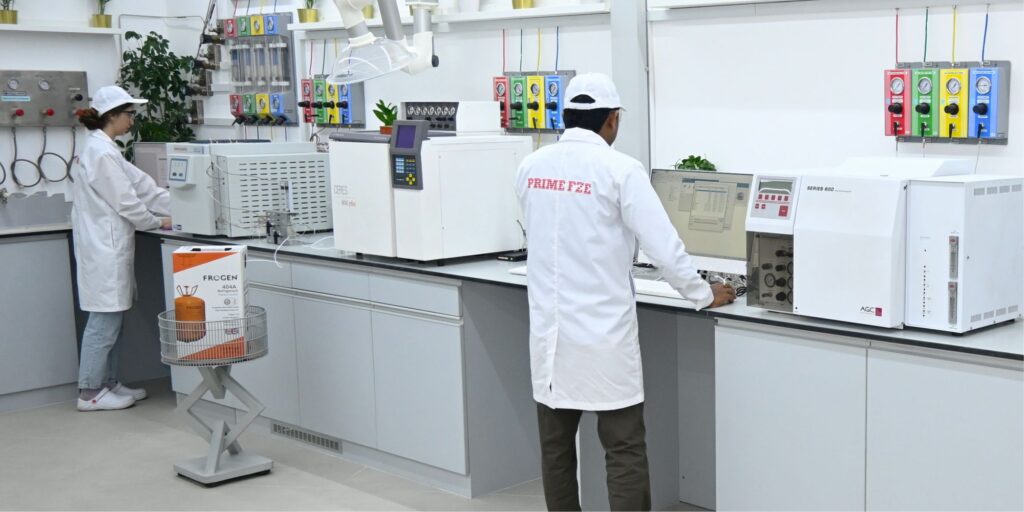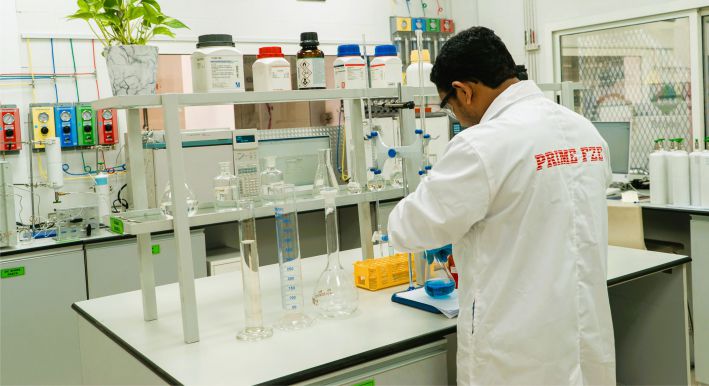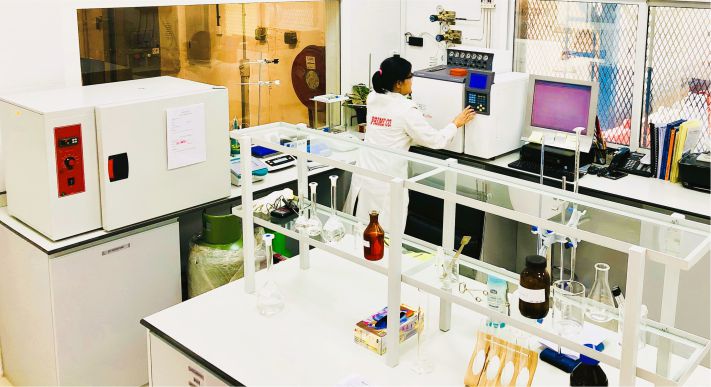
Solutions at Prime Co
At Prime Co. Middle East we are equipped with state of the art ISO 9001 certified laboratory, which helps us to be different from every body else when it comes to providing customized solutions to our customers.
The search for environmentally friendly refrigerants has become a paramount solution in addressing the adverse environmental impacts of traditional refrigerants. Hydrochlorofluorocarbons (HCFCs) and hydrofluorocarbons (HFCs), commonly used in refrigeration and air conditioning systems, contribute significantly to ozone depletion and global warming. To mitigate these concerns, the industry is actively exploring alternative refrigerants with lower global warming potential (GWP) and ozone depletion potential (ODP).
Natural refrigerants, such as ammonia, carbon dioxide (CO2), and hydrocarbons, have gained attention as sustainable alternatives. Ammonia, for instance, has zero GWP and ODP, making it an environmentally friendly option. CO2 is another promising natural refrigerant, known for its low environmental impact and energy efficiency.
Furthermore, low-GWP synthetic refrigerants, like hydrofluoroolefins (HFOs), are being developed to replace HFCs. HFOs have significantly lower GWPs while maintaining effective thermal properties.
As the refrigeration industry transitions toward more sustainable practices, ongoing research, technological innovation, and regulatory measures play crucial roles in promoting the adoption of eco-friendly refrigerants. Embracing these solutions not only safeguards the environment but also contributes to a more sustainable and resilient future for the cooling and refrigeration sector.



